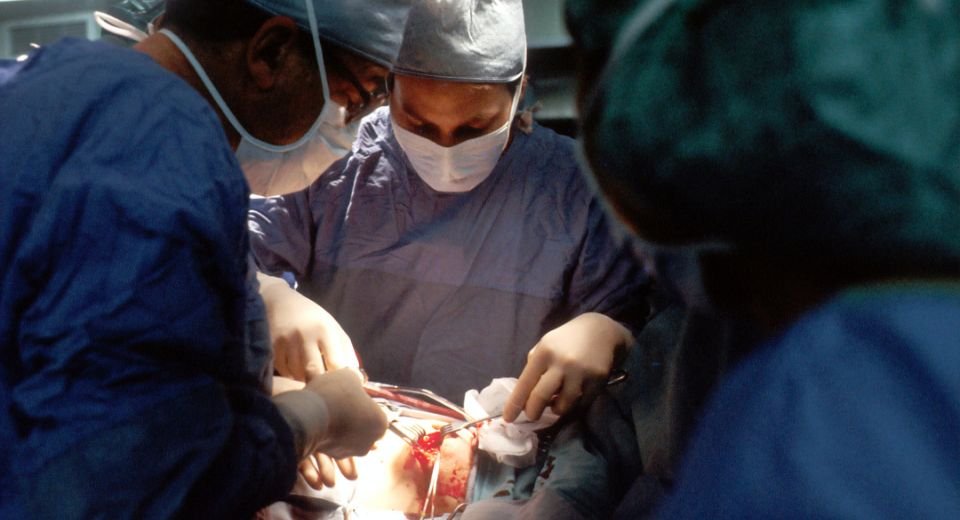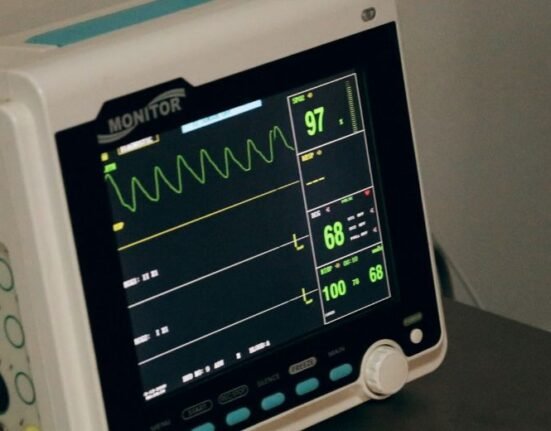HQ Team
February 10, 2923: Abbott Laboratories has agreed to buy medical device maker Cardiovascular Systems for about $890 million.
On a per-share basis, the medical device maker has offered $20, a 50.3% premium on the last closing price.
CSI makes devices for atherectomy, a minimally invasive way to remove plaque from blood vessels, opening up your arteries so your blood can flow normally. Healthcare providers often use this procedure to treat peripheral artery disease (PAD).
Procedural use of atherectomy can help maximise the benefits of standard balloon angioplasty or stent treatments in restoring blood flow in complex arterial disease.
CSI also has an early-stage pipeline of complementary vascular intervention devices in development.
Complementary technologies
“The acquisition of CSI will add new, complementary technologies to Abbott’s leading vascular device offerings,” said Lisa Earnhardt, executive vice president of Medical Devices of Abbott.
“CSI has a talented and experienced team and a leading atherectomy system that will allow Abbott to provide physicians more tools to help patients live fuller lives.”
The transaction is expected to be neutral to Abbott’s recently issued 2023 ongoing earnings per share guidance.
The transaction, which the boards have approved of directors of CSI and Abbott, is subject to the approval of CSI stockholders and the satisfaction of customary closing conditions, including applicable regulatory approvals.
J.P. Morgan Securities LLC is serving as a financial advisor to CSI.
Abbott’s portfolio of life-changing technologies spans the spectrum of healthcare, with leading businesses and products in diagnostics, medical devices, nutritionals and branded generic medicines. It has 115,000 employees in more than 160 countries.
Market valued at $375.9 million
According to Grand View Research, the U.S. atherectomy devices market was valued at $375.9 million in 2017 and may expand at a CAGR of 6.6% from 2019 to 2024.
About 19 million people suffer from peripheral artery diseases (PAD) in the U.S., which leads to an annual economic turnaround of $290 billion.
The concern of having a permanent implant in the body shifts patients’ preference for atherectomy. Furthermore, the recurrence of stenosis/restenosis is a significant problem in cardiovascular patients.
The lack of effective treatment for the same compels interventional surgeons to seek alternative methods for removing lesions and plaque, such as atherectomy.
The increasing prevalence of target disease and growing preference for minimally invasive procedures is expected to boost the market growth. Also, technological improvements in diagnosis and minimally invasive procedures for endovascular conditions resulting in reduced post-surgical complications will drive the market.
Moreover, easy reimbursement policies under Medicare and Medicaid may boost the market growth in the U.S.






